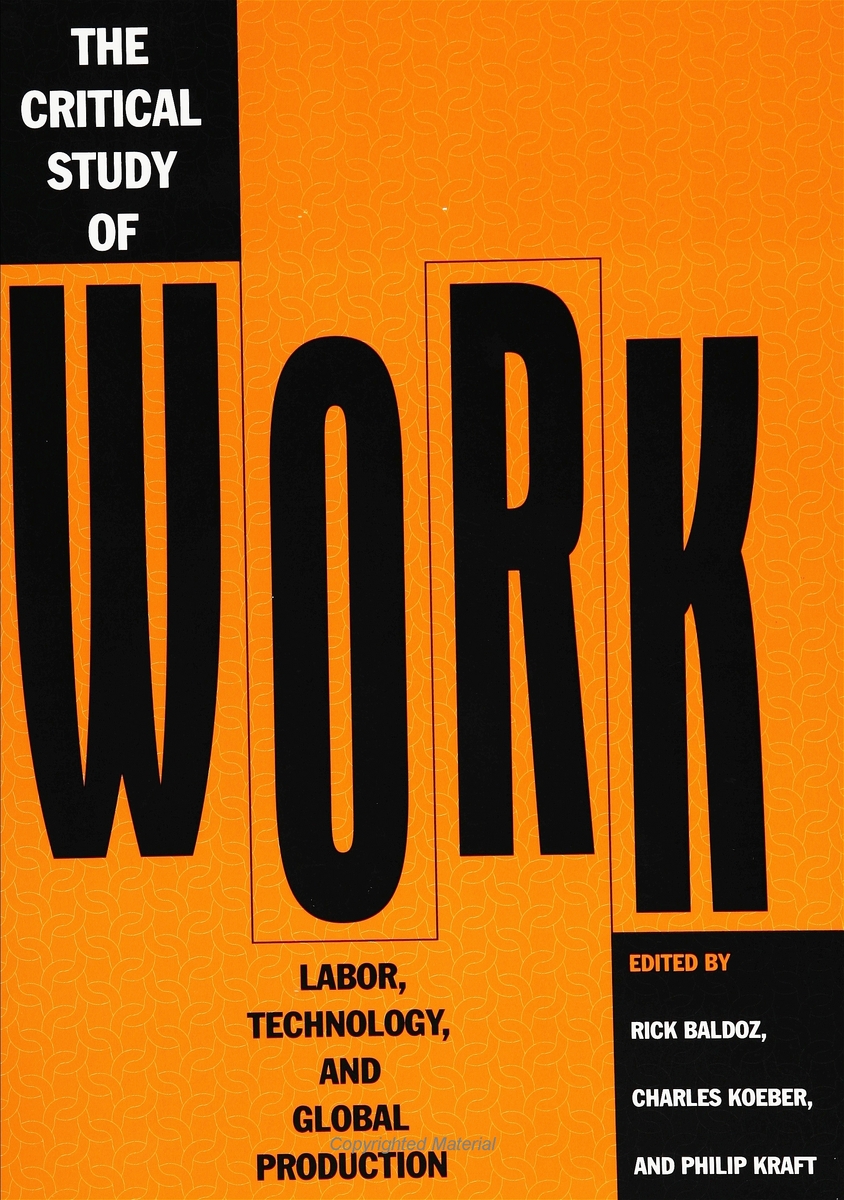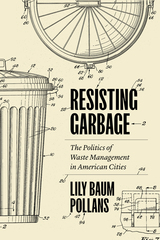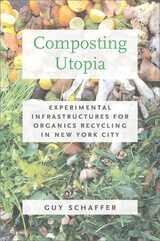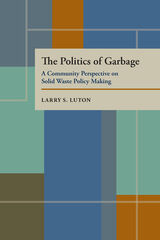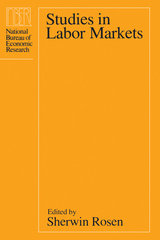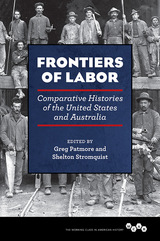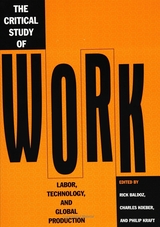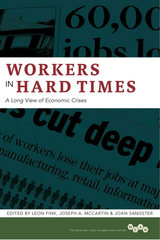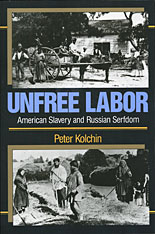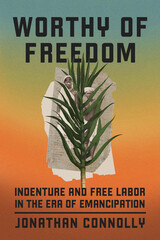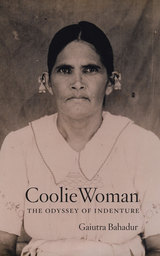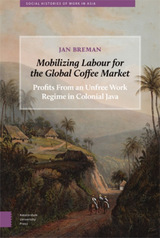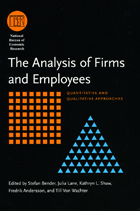Critical Study Of Work
Temple University Press, 2001
Paper: 978-1-56639-798-8 | eISBN: 978-1-59213-809-8 | Cloth: 978-1-56639-797-1
Library of Congress Classification HD4854.C75 2001
Dewey Decimal Classification 331
Paper: 978-1-56639-798-8 | eISBN: 978-1-59213-809-8 | Cloth: 978-1-56639-797-1
Library of Congress Classification HD4854.C75 2001
Dewey Decimal Classification 331
ABOUT THIS BOOK | AUTHOR BIOGRAPHY | REVIEWS | TOC | REQUEST ACCESSIBLE FILE
ABOUT THIS BOOK
Two broad developments reshaped work at the end of the twentieth century. The first was the implosion of the Soviet Union and the worldwide triumph of market capitalism. The second was the increasing use of computer-based production technologies and management command-and-control systems. How do we make sense of these important developments.
The editors have assembled a collection of provocative, original essays on work and workplaces throughout the world that challenge the current celebration of globalization and new technologies. Building on labor process analysis, individual case studies venture beyond factory and office to examine "virtual" workplaces, computer-era cottage work, and emotional and household labor. The settings range from Indian and Irish software factories to Brazilian supermarkets, Los Angeles sweatshops, and Taiwanese department stores.
Other essays seek to make theoretical sense of increasingly de-centered production chains, fluid work relations, and uncertain employment. Individually and collectively the authors construct a new critical study of work, highlighting the connections between geography, technology, gender, race, and class. They offer an accessible and flexible approach to the study of workplace relations and production organization -- and even the notion of work itself.
The editors have assembled a collection of provocative, original essays on work and workplaces throughout the world that challenge the current celebration of globalization and new technologies. Building on labor process analysis, individual case studies venture beyond factory and office to examine "virtual" workplaces, computer-era cottage work, and emotional and household labor. The settings range from Indian and Irish software factories to Brazilian supermarkets, Los Angeles sweatshops, and Taiwanese department stores.
Other essays seek to make theoretical sense of increasingly de-centered production chains, fluid work relations, and uncertain employment. Individually and collectively the authors construct a new critical study of work, highlighting the connections between geography, technology, gender, race, and class. They offer an accessible and flexible approach to the study of workplace relations and production organization -- and even the notion of work itself.
See other books on: Critical Study | Technological innovations | Work | Work environment | Working class
See other titles from Temple University Press
